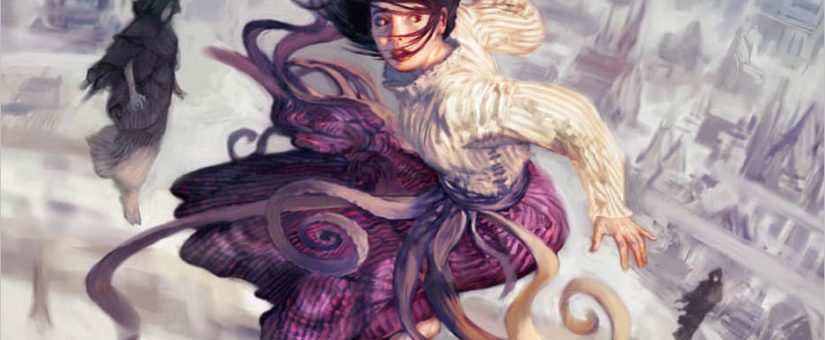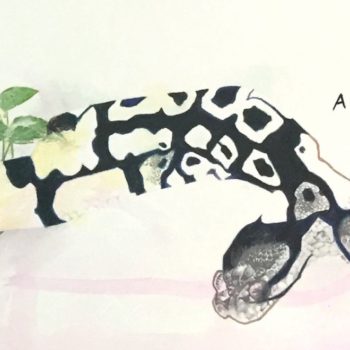
Magic vs. Reality: The Totally Logical Guide to Magic Systems
- Posted by Augur Blog
- On June 7, 2019
- 0 Comments
- fantasy, harry potter, magic systems, mistborn, the magicians
By Jorie Rao
I love the idea of magic so much that every time I pass by an odd looking tree or old piece of furniture, I touch it just in case it is a portal to another realm or a magical artifact that will endow me with powers.
Hey, you never know, right?
Growing up, I tried to imagine what magic would be like if it really existed based on books I read like Harry Potter, Magicans, and the Mistborn trilogy. I began to wonder why some versions of magic felt real and others didn’t.
The Role of Logic in Magical Systems
When I say real, I don’t mean factual—I mean rational. If I can see the natural progression of the magic without having to guess and say “well, maybe it happened because of this” that’s when magic seems realistic.
Realistic magical systems are consistent and follow, at the very least, their own internal logic system.
Does the magic come from gods? From energy? From specific items or substances? From shifts in reality? Are there rules for how the magic can be harnessed? Can anyone have magic?
And most importantly, can the readers follow along without going ‘huh’ every time magic is used?
Realistic magical systems answer these questions. They give the reader something to hold onto, so they don’t have to track it on their evidence board.
By no means do they need to follow the laws of science, or of the “real world” in which we live, nor do they need to be explained in such great detail that all the mystery is taken out of them.
But authors do need to answer some questions, so the reader doesn’t have to ask them.
Harry Potter and the Mysterious Source of Magic
J.K. Rowling went all in with her magical system and said “eh, screw it, use it all” and while it is super fun to read about, it does leave a girl wondering.
Magic is sort of hereditary and can be used in a number of ways, most of which are not consistent. There are wands, spells, magical creatures, and divination.
But the major issue Rowling never addressed, which took the steam out of her magical system, is where does all this magic come from?
The internal logic of the Wizarding World of Harry Potter is about as clear as my face in high school and that makes it harder to accept as realistic.
Magicians in the Middle
Lev Grossman incorporated a lot into his magical system, too, including several ways to perform magic, but the logic holds—mostly. At the very least, Grossman got closer than Rowling in answering the major question: where is the magic coming from?
The answer is great pain. And a wellspring. And gods.
Still vague, but he saves his internal logic by being clear about how the magic gets used.
Grossman does this by marrying intricate hand motions, encations, and proper circumstances and he sticks with the intricate spellcasting, even when it isn’t convenient.
The readers can follow along without going ‘huh’ every time a spell is cast and thus, his internal logic holds.
Maybe She’s Mistborn with It
Sanderson wrote rules on logical magical systems, so it’s not crazy to say that on a scale of 1 to 10, his logic holds at an 11.
Magic comes from the gods Ruin and Preservation. Allomancy is hereditary and is used by ingesting certain metals to activate powers associated with them. There is balance in Sanderson’s magic, which logically plays back to the two gods who gave humans magic.
Sanderson’s characters ingest metals to gain powers, and only a few can do it. Even fewer can access the full spectrum of Allomancy, thus creating conflict that makes the magic seem more realistic.
All in all, this is the kind of magical system that never makes the reader scratch their head and that in turn makes the story more immersive.
What Makes Magic Real?
Magic in writing becomes realistic when it’s logical and consistent. This allows the reader to be absorbed into the world without taking breaks to connect the dots, creating the most realistic form of magic: immersion into a story.
JORIE RAO is an English Literature professor with a passion for reading and writing, especially all things sci-fi and fantasy. She has an MFA in Creative Writing and Composition Theory and won the Toni Libro Award for Excellence in Writing.




0 Comments